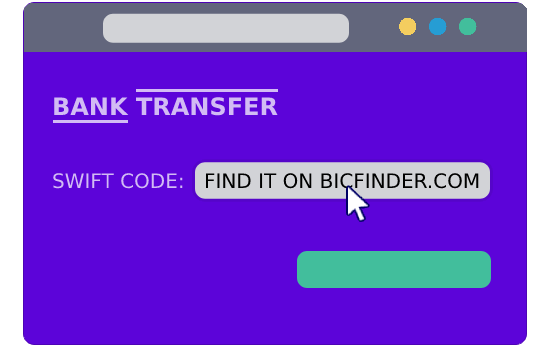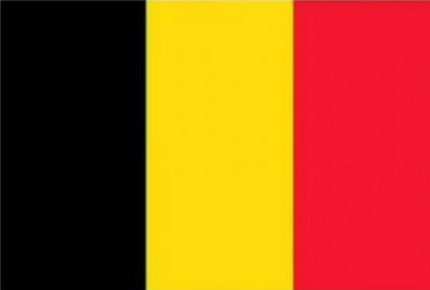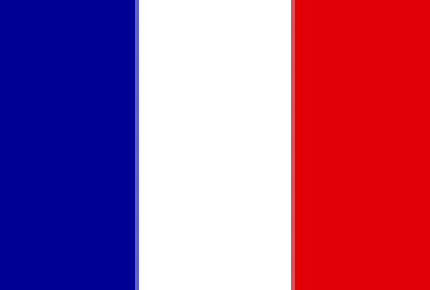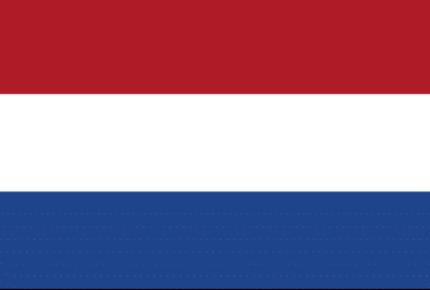Find your BIC or SWIFT code by country
Why use SWIFT code?
In an era of global connectivity, BIC codes have become an integral part of the financial ecosystem. They empower individuals, businesses, and institutions to engage in secure and efficient international transactions, fostering economic growth and enabling financial inclusion. As the world becomes more interconnected, the significance of SWIFT codes continues to grow, ensuring seamless connectivity within the global financial landscape.
The essential role of SWIFT Codes
In today’s interconnected world, the ability to conduct secure and efficient international financial transactions is vital for individuals and businesses alike. Enter SWIFT codes, which play a pivotal role in facilitating seamless global fund transfers. Let’s explore the significance of SWIFT codes in the world of finance and how they enable international connectivity.

What are SWIFT or BIC codes?
“SWIFT codes, also known as Bank Identifier Codes (BIC), are a standardized set of alphanumeric characters used to identify specific financial institutions worldwide. The Society for Worldwide Interbank Financial Telecommunication (SWIFT) developed these codes to establish a common language for the global banking community.
The 3 main components of a SWIFT code:

1
Bank Code
The first four characters of a SWIFT code identify the financial institution itself. These characters are typically letters, indicating the bank’s identity and country of origin.

2
Country Code
The next two characters represent the country where the financial institution is located. This ensures accurate routing of funds to the correct jurisdiction.

3
Location Code
The following two characters, known as the location code, pinpoint the specific branch of the bank involved in the transaction. This helps streamline internal processes within the financial institution.
Disclaimer
Bicfinder.com is an independent platform that provides information about Swift Codes and IBAN Codes. This website makes an effort to provide general information to help you on your way and is not a bank or financial instiution. We strive to maintain accurate and up-to-date data, but can not guarantee that the content on our website is completely accurate or updated. Therefore, always double-check with the respective bank, financial institution or specialist before making any transactions. We can not be held responsible for any loss or damage suffered as a result of incorrect or incomplete information on this website.
S.W.I.F.T. SCRL, with headquarters at Avenue Adèle 1, 1310 La Hulpe, Belgium, owns the registered trademark SWIFT. We are not linked with SWIFT and are not the official source for SWIFT codes (also known as BIC codes). Please use the official Swift.com website and contact the respective bank or institution before making any financial transaction.



